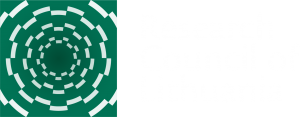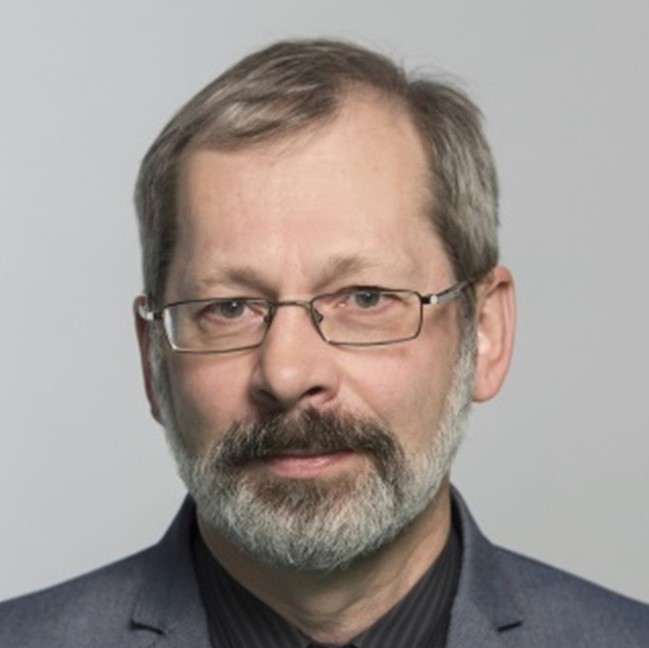Department of Biology, Faculty of Natural Sciences, Vytautas Magnus University, Kaunas, Lithuania
The number of applications of innovative bioelectrotechnologies is steadily increasing in biology, oncology, genetics, immunology, and biotechnology, such as non-thermal food processing, electrochemotherapy, ablation of tumours with irreversible electroporation, transdermal drug delivery, transformation of skin cells, tissue-specific extraction of RNA and proteins, etc. The main phenomenon underlying the majority of these technologies is the modification of the cell membrane permeability by pulses of strong electric field (electroporation).
Our group has been studying cell electroporation for more than 30 years. Various aspects of this phenomenon and its applications have been analyzed, starting from the mechanisms of pore formation, evolution, and resealing, instrumentation, the methods of detection following to the applications for food processing, electrochemotherapy and other ones. The consequences of electrochemical reactions, which are especially critical for all the applications of pulsed electric field treatment, are one of the main research focuses as well. During the presentation, a short overview on the achievements as well as challenges will be provided.
MORE ABOUT THE SCIENTIST
Prof. Gintautas Saulis graduated Physics at the Vilnius University, Lithuania. In 1996 he received a Ph. D. degree in Biophysics from the Vytautas Magnus University in Kaunas, Lithuania. Since 2007 he is a Professor and Chief Research Associate in the Faculty of Natural Sciences, Vytautas Magnus University. Since 2011 till 2013 he was a Chief Research Associate in the Center for Physical Sciences and Technology, Vilnius, Lithuania. Since 1984 his main research interests are cell electroporation and electropermeabilization, instrumentation for electroporation, pulsed electric field assisted food processing and drug delivery (electrochemotherapy), electrochemical processes, and modeling of biological systems.



